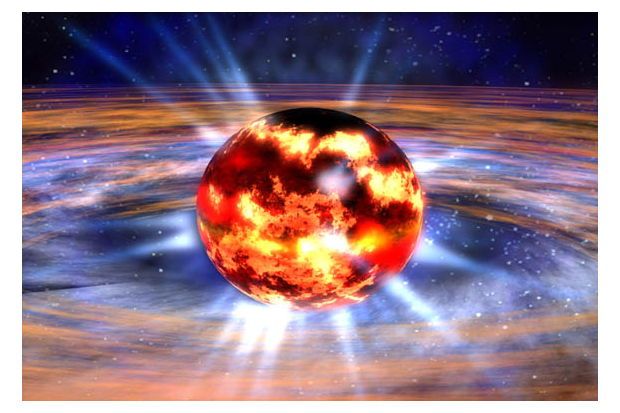| Authors | M. Ghazanfari Mojarrad and M. S. Fatemi |
|---|---|
| Journal | Journal of Research on Many-body Systems |
| Page number | 124 |
| Volume number | 9 |
| Paper Type | Full Paper |
| Published At | 2019 |
| Journal Grade | Scientific - research |
| Journal Type | Typographic |
| Journal Country | Iran, Islamic Republic Of |
Abstract
Within the semi-classical approximation of Thomas-Fermi, which is based on a statistical approach, the phase-space occupation equation number of nuclear matter is obtained by employing the Landau Fermi-Liquid theory. At the first, using the NN-interactions of Myers and Swiatecki, known as TF(96) and TF(90), the equation of state of nuclear matter (EOS) is derived. Then, a special attention is devoted to studying the behavior of symmetry energy and symmetry free energy quantities which have a substantial effect on the equation of state. Hence, the stiffer behavior of the EOS in the TF(90) interaction compared to the TF(96) interaction, refers to the important effects of these quantities. The extensibility feature of the present model is shown by determining the saturation density and the saturation incompressibility coefficient. In addition to the comparison of symmetry energy, symmetry free energy and incompressibility coefficient with the results of other models, the temperature effects on these quantities are also studied.

